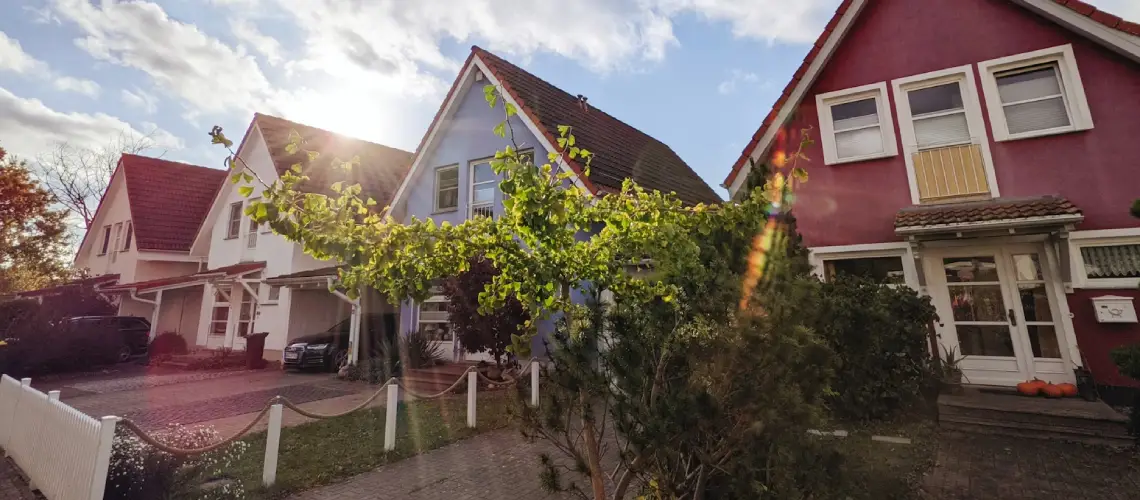In a city as diverse and fast-paced as Melbourne, understanding the true value of a property isn’t always straightforward. From heritage homes in Carlton to townhouses in Point Cook and apartments in Docklands, no two areas — or properties — are the same. That’s why working with property valuers Melbourne is essential for making well-informed, legally sound, and financially secure decisions.
This guide explains who Melbourne property valuers are, what they do, and when you should hire one — whether you’re buying, selling, refinancing, or planning for the future.
Who Are Property Valuers in Melbourne?
Property valuers in Melbourne are licensed professionals trained to assess the market value of residential, commercial, and development properties. Unlike real estate agents, they provide legally recognised, independent valuations that are not influenced by sales targets or commissions.
In Australia, all professional valuers must be accredited as:
- Certified Practising Valuers (CPV) through the Australian Property Institute (API), or
- Members of the Royal Institution of Chartered Surveyors (RICS)
Their reports are relied upon by:
- Banks and mortgage brokers
- Solicitors and family law courts
- Accountants and tax agents
- The Australian Taxation Office (ATO)
- Insurance providers
- SMSF auditors and trustees
Why Choose Local Property Valuers in Melbourne?
Melbourne’s property market is highly localised — with differences not just between suburbs, but even within the same postcode. Here’s why local expertise matters:
Suburb Sensitivity
Property values in Melbourne vary dramatically due to factors like:
- School zoning (e.g., Balwyn High vs. nearby suburbs)
- Proximity to trams or train stations
- Council planning controls (heritage overlays, height restrictions)
Urban Renewal Zones
Areas like Footscray, Fishermans Bend, and Sunshine are undergoing major change, requiring valuers to understand future zoning and infrastructure impacts.
Market Volatility
With auction clearance rates and buyer sentiment shifting frequently, Melbourne property valuers can read real-time trends, not just rely on historic data.
When Should You Hire a Property Valuer in Melbourne?
| Purpose | Why You Need a Certified Valuer |
| Refinancing your home loan | Required by lenders to assess risk |
| Selling privately or off-market | Determines fair, evidence-based sale price |
| Capital Gains Tax (CGT) reporting | Establishes your cost base or gain |
| Dividing property in a divorce | Courts require certified, unbiased valuations |
| Settling a deceased estate | Ensures fair distribution and probate accuracy |
| SMSF property audit | Required by ATO for accurate fund reporting |
| Insurance review | Estimates rebuild or replacement costs |
What Does a Property Valuer Look At?
During a site inspection, a Melbourne property valuer assesses:
- Land size, shape, and orientation
- Zoning and planning overlays
- Dwelling layout, condition, and improvements
- Renovation history and building materials
- Access to public transport, shops, and schools
- Suburb trends and local infrastructure
This is followed by research using:
- Comparable sales in the immediate area
- Rental yield data (for investments)
- Market trends, including clearance rates and vacancy levels
Valuation Methods Used
| Method | Application |
| Direct Comparison | Most residential homes and units |
| Summation | Unique or heritage properties |
| Capitalisation of Income | Rental or commercial investments |
| Discounted Cash Flow (DCF) | Large-scale or development projects |
Each method ensures the final figure is evidence-based and defensible for legal or financial use.
What Does a Property Valuation in Melbourne Cost?
| Property Type | Typical Fee (AUD) |
| Standard residential home | $400–$700 |
| Prestige or heritage home | $800–$1,500 |
| Commercial or investment property | $1,200+ |
| Retrospective (for CGT or estate) | $600–$1,200+ |
Note: Some banks cover this cost during refinancing — check with your broker.
How to Choose the Right Property Valuer in Melbourne
- Look for API or RICS certification
- Confirm they specialise in your suburb or property type
- Ensure the report suits your purpose (finance, legal, tax, insurance)
- Check report turnaround (2–5 business days is typical)
- Request a fixed quote and clear inclusions
Conclusion
A certified property valuer in Melbourne provides more than a figure — they deliver clarity, compliance, and confidence. Whether you’re managing a legal settlement, preparing for tax season, or making your next property move, a professional valuation ensures you’re not leaving money — or opportunity — on the table.
In a city where values change fast, smart decisions start with the right valuation.
